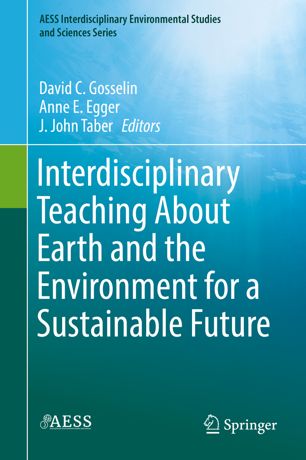

Most ebook files are in PDF format, so you can easily read them using various software such as Foxit Reader or directly on the Google Chrome browser.
Some ebook files are released by publishers in other formats such as .awz, .mobi, .epub, .fb2, etc. You may need to install specific software to read these formats on mobile/PC, such as Calibre.
Please read the tutorial at this link: https://ebookbell.com/faq
We offer FREE conversion to the popular formats you request; however, this may take some time. Therefore, right after payment, please email us, and we will try to provide the service as quickly as possible.
For some exceptional file formats or broken links (if any), please refrain from opening any disputes. Instead, email us first, and we will try to assist within a maximum of 6 hours.
EbookBell Team

4.8
14 reviewsInterdisciplinary Teaching about the Earth and Environment for a Sustainable Future presents the outcomes of the InTeGrate project, a community effort funded by the National Science Foundation to improve Earth literacy and build a workforce prepared to tackle environmental and resource issues. The InTeGrate community is built around the shared goal of supporting interdisciplinary learning about Earth across the undergraduate curriculum, focusing on the grand challenges facing society and the important role that the geosciences play in addressing these grand challenges. The chapters in this book explicitly illustrate the intimate relationship between geoscience and sustainability that is often opaque to students. The authors of these chapters are faculty members, administrators, program directors, and researchers from institutions across the country who have collectively envisioned, implemented, and evaluated effective change in their classrooms, programs, institutions, and beyond. This book provides guidance to anyone interested in implementing change—on scales ranging from a single course to an entire program—by infusing sustainability across the curriculum, broadening access to Earth and environmental sciences, and assessing the impacts of those changes.